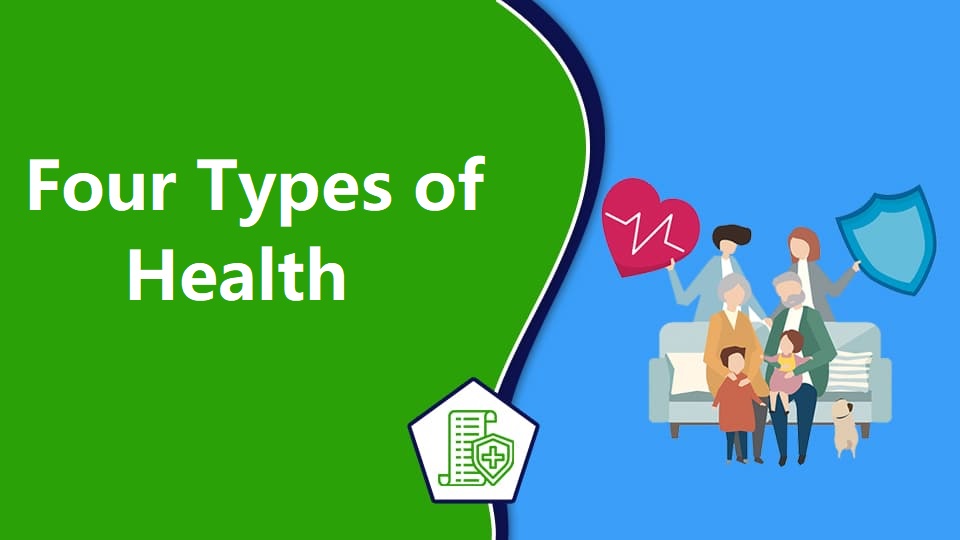Relationship Mediation – Frequently Asked Questions 2025

Relationships are beautiful but not always easy. Conflicts can create emotional distance, and when communication breaks down, couples, friends, or even family members may struggle to find common ground. Relationship mediation is a constructive way to resolve disputes with the guidance of a neutral third party.
This article explains what relationship mediation is, how it works, its benefits, and how it can improve communication and trust. You will also find practical tips, real-life insights, frequently asked questions, and a clear conclusion to help you decide whether mediation is the right step for your situation.
Disclaimer: The information in this article is for educational purposes only and is not intended as relationship, legal, or mental health advice. For advice regarding a specific relationship, legal, or mental health issues, please seek consultation with a qualified professional.
What is Relationship Mediation
At its core, relationship mediation is a structured process where a neutral mediator helps two or more people talk through their conflicts. Unlike a judge or an arbitrator, a mediator does not take sides or make decisions. Instead, they create a safe space where each person feels heard and respected. The goal is not just to settle disagreements but to rebuild understanding and cooperation.
Think of mediation as a bridge. On one side is you, carrying your feelings, frustrations, and perspectives. On the other side is your partner, friend, or family member with their own story. The mediator becomes the bridge that connects those two worlds so that you can meet in the middle.
Why Do Relationships Need Mediation
Every relationship has ups and downs. But sometimes, conflicts get stuck on repeat, like a song that keeps playing the same verse. Misunderstandings, unmet needs, and lack of communication can snowball into bigger issues.
Common reasons people seek mediation include:
- Repeated arguments that never get resolved
- Breakdowns in communication
- Decisions about children, money, or shared responsibilities
- Trust issues after betrayal or dishonesty
- Challenges in blended families
- Tension between in-laws or extended family
In short, mediation is not just for couples on the verge of breaking up. It can help anyone who wants to strengthen their relationship by finding better ways to talk and listen.
How Relationship Mediation Works

The process usually involves a few key steps:
-
Initial Meeting
The mediator meets with both people to understand the issues and set ground rules. This is where everyone agrees to be respectful and open. -
Story Sharing
Each person gets the chance to explain their side without interruption. This step is powerful because being heard can already ease tension. -
Identifying Core Issues
Together, the group pinpoints the real source of conflict. Sometimes the argument is about money, but the underlying issue might be about feeling valued. -
Exploring Solutions
The mediator guides the conversation toward possible compromises or creative solutions that work for both sides. -
Agreements and Next Steps
The process ends with a clear plan or agreement. This might be informal or written, depending on the situation.
The Role of the Mediator
The mediator is like a referee and a coach combined. They keep the discussion fair, stop conversations from turning into shouting matches, and encourage each side to really listen. Importantly, mediators stay neutral. They do not take sides or push their own opinions. Their job is to help both people find common ground.
Benefits of Relationship Mediation
So why choose mediation instead of letting arguments drag on or heading straight to counseling or court? Here are some clear benefits:
- Improved Communication: People often leave with better tools to express their needs and listen actively.
- Less Stressful: Mediation feels less stressful than a courtroom or formal therapy session.
- Time and Cost Effective: Mediation can be quicker and cheaper than legal disputes or long-term therapy.
- Confidential: Unlike court, mediation is private. What happens in the room stays in the room.
- Strengthened Relationships: Many couples or families come out stronger because they learn how to solve problems together.
Mediation vs Counseling: What is the Difference
A lot of people confuse mediation with counseling, but they are not the same.
- Counseling focuses on emotions, patterns, and long-term healing. A counselor may explore past trauma or guide you through therapy sessions.
- Mediation is more about solving specific conflicts in a structured way. It looks forward instead of backward.
If your relationship struggles are deep and emotional, counseling may be the better choice. If you mainly need help with communication and problem-solving, mediation can be more effective. Sometimes, a mix of both is ideal.
When to Consider Relationship Mediation
Mediation is not always the answer. For example, if there is abuse, manipulation, or safety concerns, mediation may not be safe or effective. However, it can be very useful when:
- Both people want to stay connected but feel stuck
- There is constant arguing without resolution
- Major life decisions need to be made together
- You want to separate peacefully while co-parenting
Tips for a Successful Mediation
If you decide to try mediation, here are some practical tips to get the most out of it:
- Be Honest: Say what you really feel, not just what you think the other person wants to hear.
- Listen Actively: Do not just wait for your turn to talk. Try to understand where the other person is coming from.
- Stay Calm: Take a deep breath before reacting. Respect goes a long way.
- Be Open to Compromise: Mediation works best when both sides are willing to give a little.
- Focus on the Future: Leave past grudges at the door and look ahead.
Real Life Example
Imagine Sarah and Mark, a couple constantly fighting about money. Sarah feels Mark spends too freely, while Mark feels Sarah is controlling. Every month ends in a heated argument.
In mediation, both get the chance to explain their side. Sarah admits her fear of not having enough for emergencies. Mark explains he grew up in a household where money was always tight, so spending now feels like freedom.
With the mediator’s help, they agree to set aside a savings fund that satisfies Sarah’s need for security, while also giving Mark a budget for fun expenses. Both feel heard, and the tension eases.
This is the power of mediation: turning conflict into cooperation.
The Long-Term Impact of Mediation
One of the most overlooked benefits of relationship mediation is its lasting impact. People often carry the communication tools they learn into the future. This means fewer conflicts escalate and more issues get resolved calmly.
Think of it as learning a new language of understanding. Once you speak it, your relationship can grow stronger and healthier.
FAQs About Relationship Mediation
1. Is relationship mediation only for couples?
No. Mediation can help couples, families, friends, business partners, or even roommates who struggle to get along.
2. How long does mediation take?
It depends on the complexity of the issues. Some conflicts are resolved in a few sessions, while others may take longer.
3. Is everything said in mediation confidential?
Yes, most mediators keep the process private unless both parties agree otherwise.
4. Can mediation save a relationship that is falling apart?
It can, but only if both people are willing to put in effort. Mediation does not guarantee reconciliation, but it can create healthier communication.
5. Do mediators give legal advice?
No. Mediators guide conversations but do not provide legal or financial advice. You may still need professionals for those areas.
6. How much does mediation cost?
Costs vary depending on location and mediator experience, but it is usually much cheaper than court proceedings.
7. What if mediation does not work?
If no agreement is reached, you can explore counseling, legal steps, or other forms of conflict resolution.
Conclusion
Conflict in relationships is natural, but how you handle it makes all the difference. Relationship mediation offers a safe, respectful, and constructive way to bridge gaps, rebuild trust, and create lasting solutions. It is not about winning or losing. It is about understanding and moving forward together.
Whether you are struggling with constant arguments, major decisions, or simply poor communication, mediation might be the missing piece that helps you reconnect. Remember, relationships thrive not on perfection, but on the willingness to work through challenges side by side.



